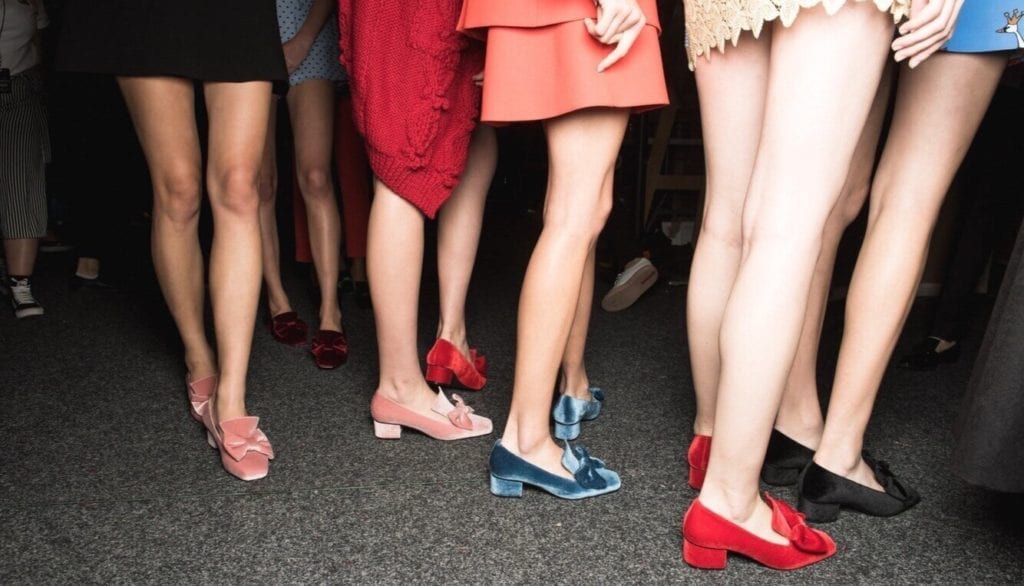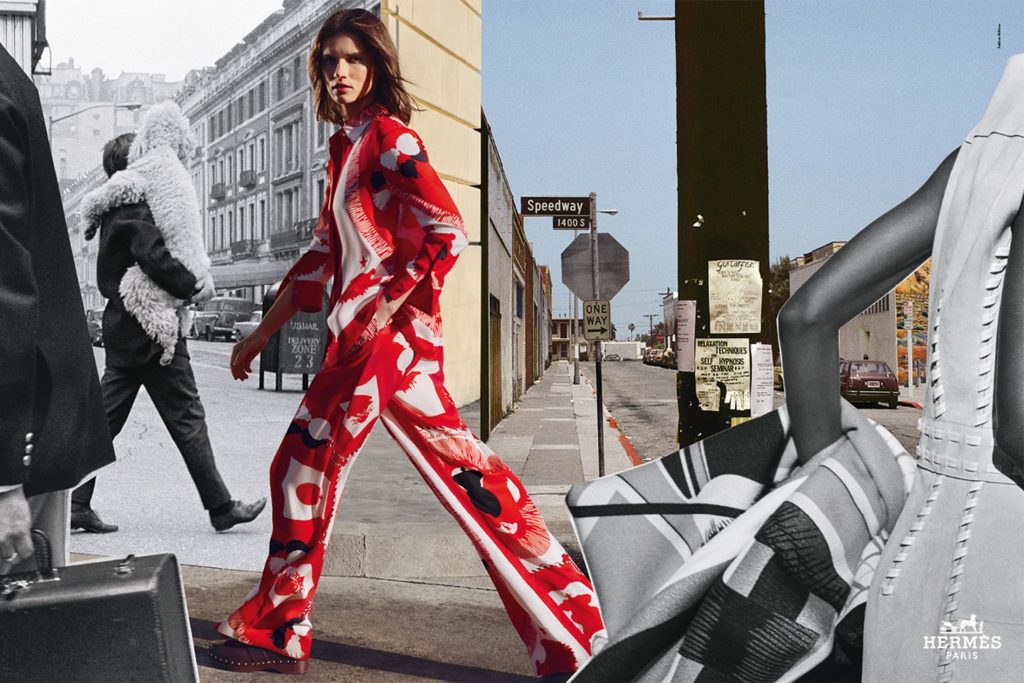Sweatshop labor conditions and undocumented employment are typically tied to the offerings of mass-market apparel and accessories companies and fast fashion giants, but long hours, substandard working conditions and pay, and instances of abuse are not limited to that segment of the market. In fact, Armani, Saint Laurent and Fendi are among the luxury brands being forced to investigate their supply chains this week after the owner of a factory in the suburbs of Naples was arrested for employing “dozens of undocumented workers” and now faces charges of employing dozens of undocumented workers.
As first reported by Italian media outlets, Vincenzo Capezzuto – the owner of fashion accessories manufacturing company Moreno Srl – was arrested by authorities in Melito, Italy in connection with an investigation of the company’s factory, which revealed “violations of [local] rules on safety in the workplace and on health and hygiene aspects.”
More strikingly, though, Naples police discovered “some 50 workers, including a pregnant woman and two teenagers were hiding in a window-less storeroom among rolls of leather and piles of shoes and bags,” per Reuters, all of whom were “undocumented” and allegedly making leather goods for some of Europe’s best-known luxury groups.
According to Reuters, “None of the [fashion] companies confirmed any connection with Moreno and Saint Laurent denied any relationship” with the manufacturer outright, but stated that it is “currently investigating the matter.” In a statement, Armani said Moreno was not one of its direct suppliers or an authorized subcontractors, while LVMH-owned Fendi declined to comment.
Speaking to the media over the weekend, Capezzuto’s counsel Rosario Pagliuca denied media reports that any individuals were forced to hide from authorities during the investigation and asserted that the alleged storage room is “equipped with a functioning lighting system, and a fixed telephone connected both to the external and intercom network,” while many of the individual workers had cell phones in their possession.
Pagliuca said that while investigations of the Moreno factory and his client are still underway, he intends to “bring [the matter] to the attention of the Court of Review of Naples” in the coming days, and stated that the manufacturing district in and around Melito is “decentralized from European industry due to low costs and poor workers’ rights,” seemingly confirming what Reuters describes as “the murky world of sweatshop labor and fly-by-night subcontractors that lies behind many areas of the industry, which draws heavily on the cachet of the ‘Made in Italy’ brand.”
But Pagliuca, speaking on behalf of his client, vowed to draft legally-binding contracts for the laborers going forth.
Hardly the first time that the “Made in Italy” tag has been taken to task, Italian manufacturing has come under fire repeatedly over the past decade, in particular, with media outlets across the globe shedding light on the fact that your $4,800 “Made in Italy” bag might not be exactly as it seems.
In February 2008, a lengthy article from the Los Angeles Times, entitled, “Slaving in the Lap of Luxury,” for instance,declared, “There are products made completely in Italy but by Chinese immigrants without proper documents and [for whom] labor conditions are especially nasty.”The Times’ Tracy Wilkinson painted an ugly picture about the realities of these Chinese-run factories that were actively supplying luxury brands, writing, “Italian financial police have shut down many factories after raids exposed poor living conditions [within the factories], lack of residence permits for foreign nationals and the failure to pay taxes.”
More recently, the New Yorker’s D.T. Max revived the conversation, shedding light on the continuing practice of big-name brands relying on the same hordes of immigrants from Wenzhou, China that flooded Italy’s Tuscan region in the 1990’s and that serve as “manufacturers for Gucci, Prada, and other luxury-fashion houses, which use often inexpensive Chinese-immigrant labor to create accessories and expensive handbags that bear the coveted ‘Made in Italy’ label.”











